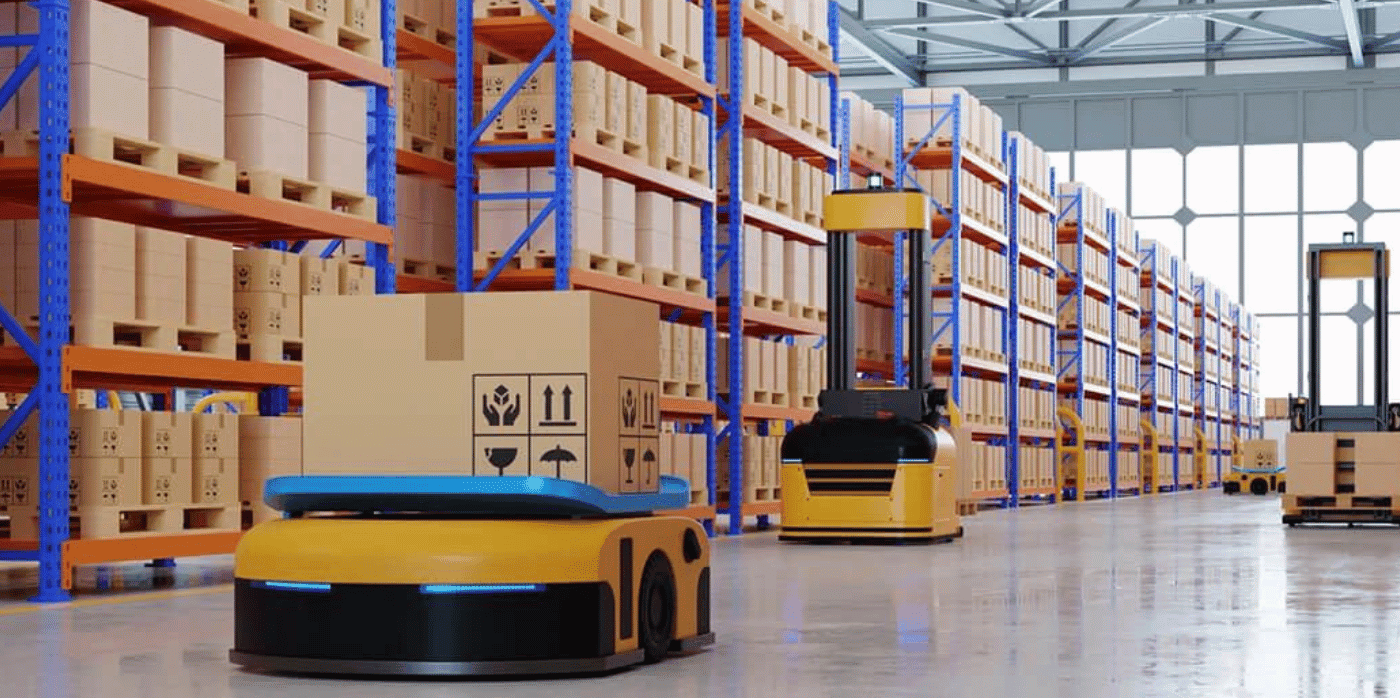
Spotted: Although many people returned to in-person shopping after the COVID-19 pandemic, e-commerce has continued to grow and is expected to make up nearly 20 per cent of all retail sales in 2023. At the same time, the need for efficient logistics is growing, with the market for warehouse management systems poised to reach $12.3 billion (around €11.2 billion) by 2031.
One new player in this field is Fulfilld, which has developed an innovative platform that uses real-time data to optimise warehouse operations by coordinating tasks between humans and robots. Fulfilld’s platform harnesses cloud-based technology, ultra-wideband connectivity, RTLS beacons, scanners, tags, and digital-twin warehouse simulations to connect systems and track real-time flow.
The system includes both software and hardware, in the form of hand-held scanners with natural language processing capabilities, to optimise inventory and co-ordinate task instructions to both human and robotic workers. The startup’s artificial intelligence (AI) and machine learning models can also proactively recommend “on-the-fly opportunities” for better warehouse optimisation.
The system further co-ordinates tasks and inventory locations and creates a Google Maps-like solution for warehouse workers.
Fulfilld aims to serve mid-market customers in industries including warehousing, manufacturing, distribution, and logistics. It offers a subscription package that allows for rapid roll-out. The novel technology, the startup claims, can boost efficiency by 15-20 per cent, and reduce employee turnover – a crucial benefit amid labour shortages and supply chain disruptions.
Many companies are calling on robots to help optimise operations across various sectors, including to build houses and support security guards.
Written By: Lisa Magloff

